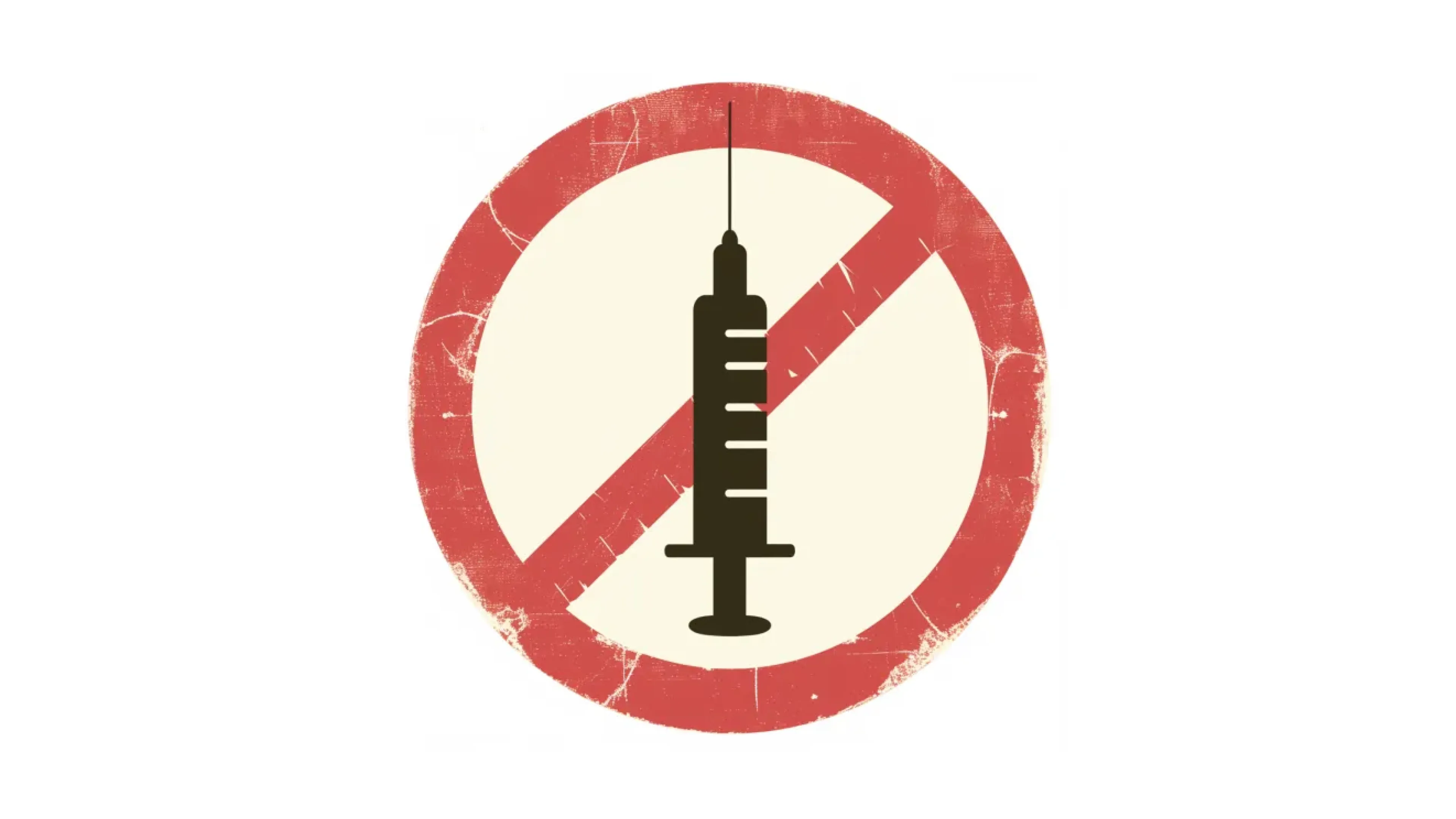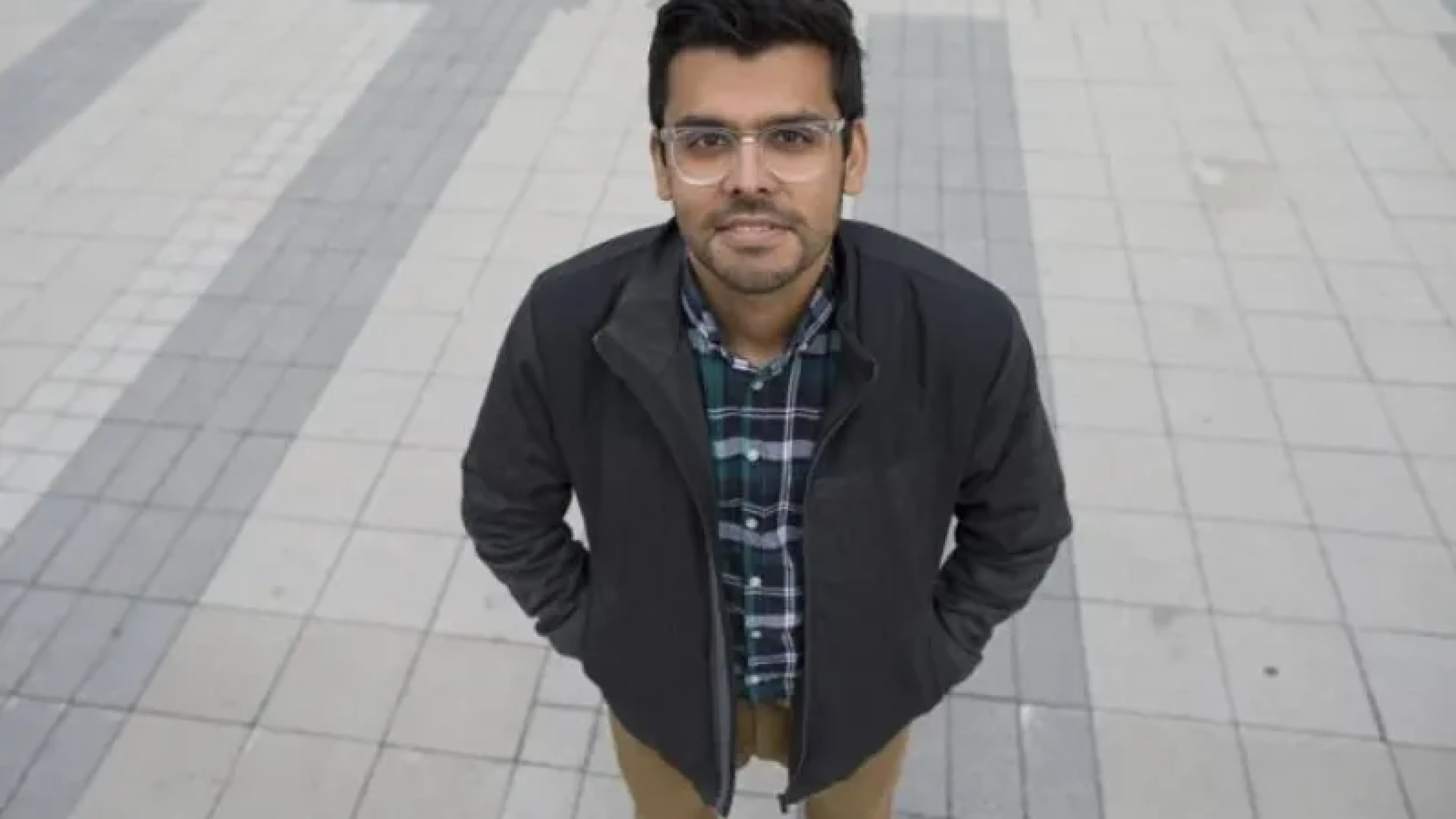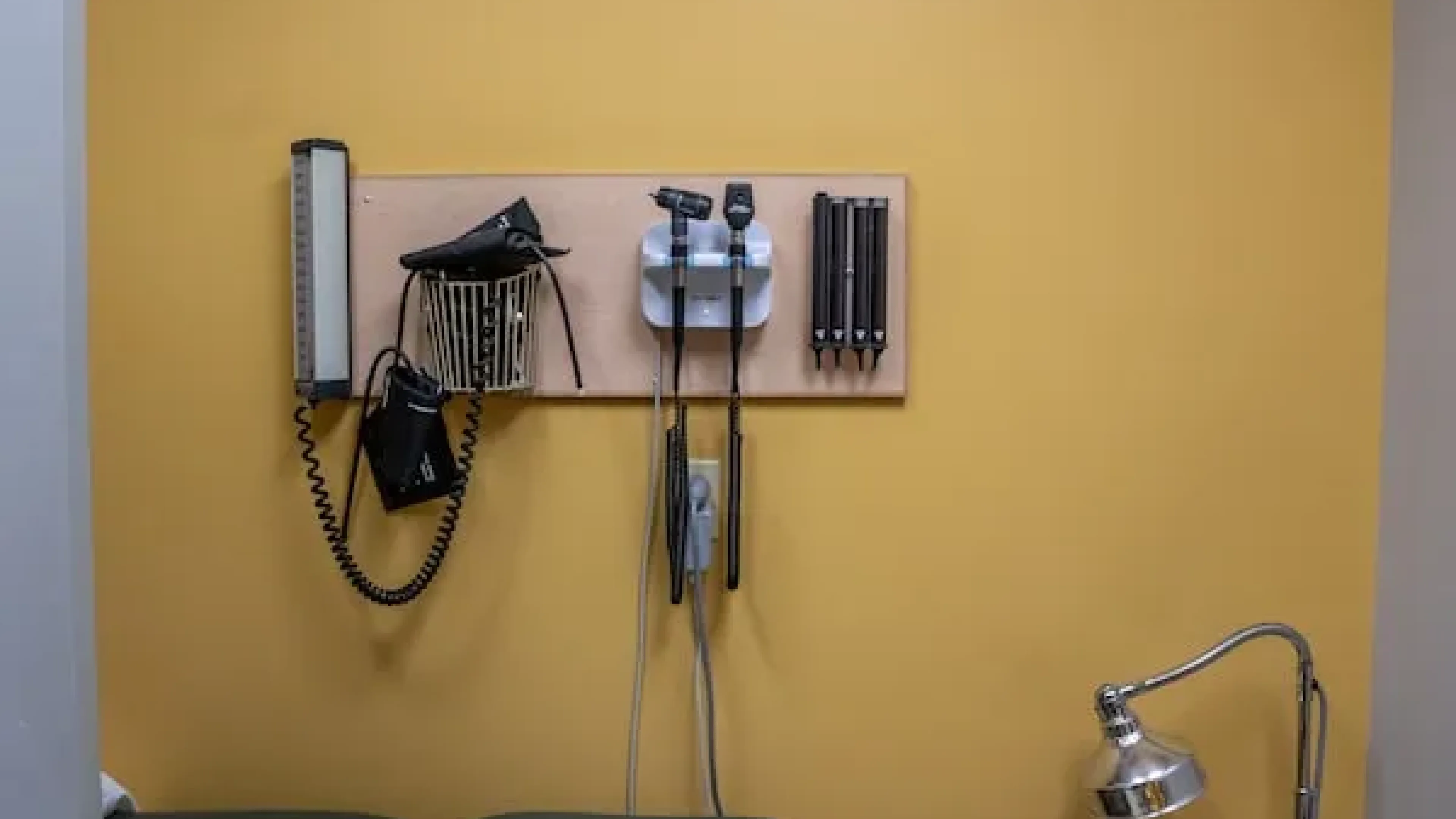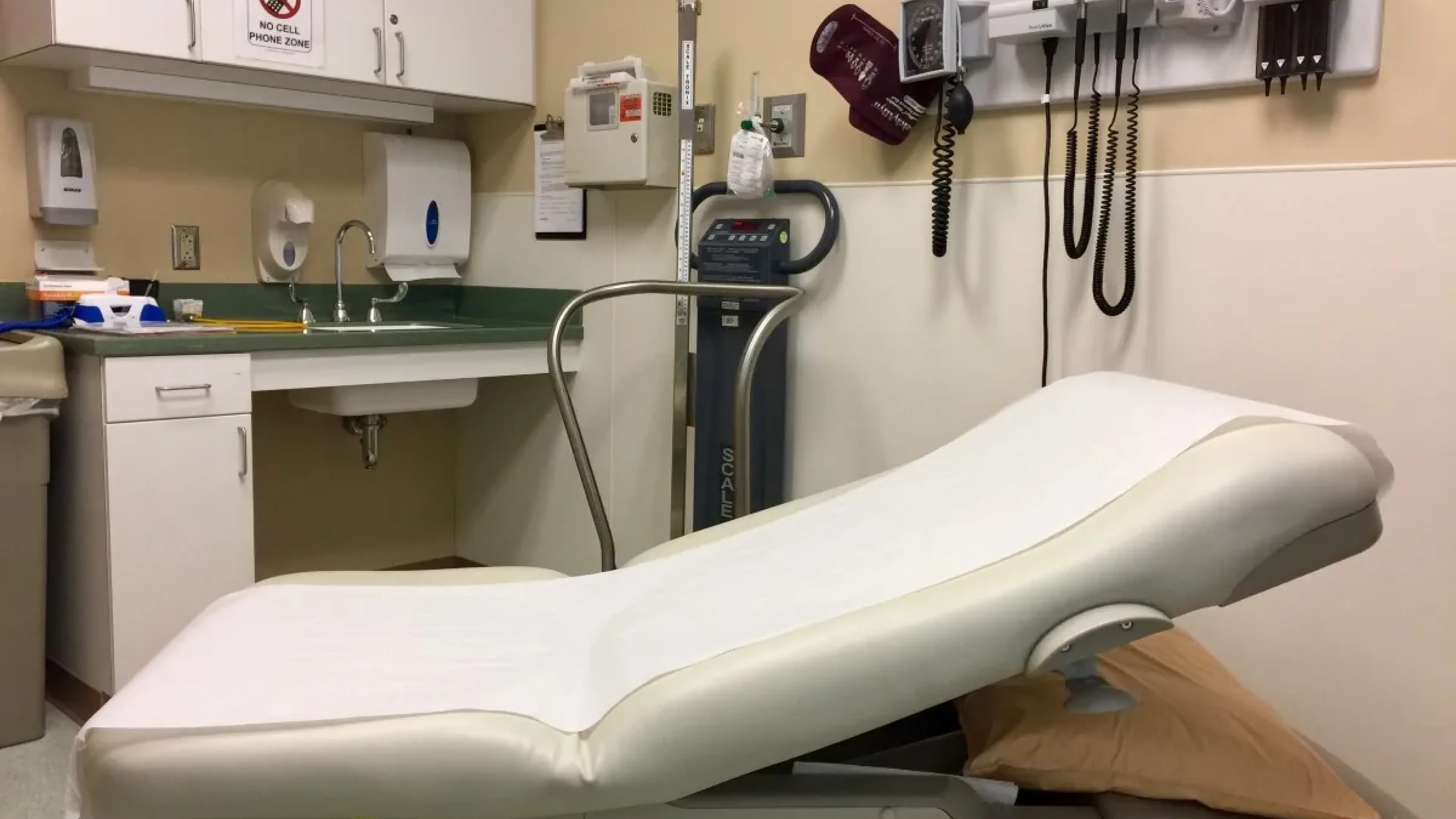You’re reading the web version of The Weekly Dose, our newsletter on Canadian health care and medical news. Sign up to get it next week.
An Alberta MLA wants to ban COVID vaccines

UCP MLA Eric Bouchard says discussions are underway to ban COVID vaccines in Alberta.
Why it's important: Though a ban is highly unlikely to happen, there’s a lingering hypocrisy that’s worth pointing out. Those who say their freedoms were compromised in the pandemic's early years now want to deny all Albertans the freedom to be vaccinated.
Bouchard claims to have had multiple conversations with Health Minister Adriana LaGrange over the issue, though LaGrange's office denies any such plan, and the Smith government maintains that vaccines remain a personal choice. In the aftermath of these government statements Bouchard seems to be walking back his comments, but observers are particularly on-edge this week as Alberta Health Services abruptly closed its outpatient Long-COVID program.
Read more…
Loblaw's march into healthcare

Loblaw's push into healthcare is raising big questions, with critics concerned about the company’s commitment to patient care versus profit.
Why it's important: As Loblaw expands its healthcare offerings via Shoppers Drug Mart and Maple, patients find themselves increasingly steered into a corporate ecosystem that prioritizes its own interests above health-system outcomes.
Concerns abound over whether Loblaw's integration into our healthcare is truly in the public interest, with recent controversies (1, 2, 3) having eroded public confidence. The company faces an uphill battle in convincing Canadians it can be trusted to handle their healthcare as it vies concertedly to fill the primary care gap. In the Globe’s excellent piece chronicling the issue, Shoppers president Jeff Leger says he believes pharmacists “can do anywhere from 40 to 60 per cent of what a family physician can do.”
Read more…
Are private healthcare providers breaking the law?

The rise of for-profit healthcare services is alarming 0physicians, who say these practices undermine the principles of the Canada Health Act.
Why it’s important: Four key voices (Jane Philpott, David Urbach, Melanie Bechard and Danyaal Raza) argue that charging patients directly for medically necessary care violates the spirit of universal healthcare and threatens to widen disparities in access.
As private clinics draw resources—especially personnel—away from the public system, they may actually worsen wait times for those relying on publicly funded care. Additionally, the practice of ‘upselling’ in private settings raises serious questions about the incentives behind profit-driven care models. The Ontario government weighed in here, characterizing its push towards for-profit expansion as innovation in healthcare and casting critiques as based in ideologically rather than fact.
Read more…
Private clinics and insurers say a federal crackdown on patient fees will make healthcare less accessible

The federal government’s impending crackdown on private fees for medically necessary care is sparking heavy critique from virtual care companies and insurers.
Why it’s important: As Ottawa seeks to clarify the Canada Health Act and reaffirm its principles through an interpretation letter, the stage is set for a particularly tense debate over the balance of public and private healthcare delivery.
With about 10 million Canadians relying on employer-sponsored virtual care benefits, companies like Maple say that new federal guidelines could force these patients back into already overburdened public healthcare settings. The federal government insists that private insurance should not enable queue-jumping or preferential access to care.
Read more…
Ontario towns offer lavish incentives in ‘Hunger Games’-style competition for doctors

Ontario's rural communities are resorting to hefty financial incentives to attract family physicians, but experts warn the practice will deepen geographic health disparities.
Why it’s important: Towns like Huntsville are offering up to $80,000 in signing bonuses, while others, like Dryden, combine relocation grants to offer up to $155,000. Another town is offering riverfront housing and clinic space at zero cost.
Experts fear the approach could exacerbate inequities, as wealthier towns outbid poorer ones, and suggest alternatives like debt forgiveness and better exposure to rural settings for medical students. With, in some cases, over 30% of community residents lacking or soon-to-be lacking a family doctor, rural municipalities are feeling a sense of desperation.
Read more…
WHO convenes to decide if African mpox outbreak is a global emergency

With a new and deadlier form of mpox spreading in Africa, the WHO is urgently considering declaring a Public Health Emergency of International Concern (PHEIC).
Why it’s important: The PHEIC designation seems likely to be declared, and will signal the need for international cooperation in order to contain the virus.
Though the 2022 outbreak is still ongoing, a newer variant of the virus originating in the DRC has now spread to at least 2 bordering countries. This new outbreak has seen a sharp rise in case numbers and deaths, particularly among children under 15, who account for 85% of deaths in Congo. With limited access to vaccines and treatments the region is highly vulnerable, but a PHEIC declaration from the WHO can help unlock significant resources and funding.
Read more…
As always, thanks for sticking with me today and reading The Weekly Dose.
I’d like to let you in on my plans for the newsletter for the rest of this year. Basically, we want to bring the gift of concise health news to many more people! If you’re a regular reader and you really like what we do here, I’m on the hunt for written testimonials to help us promote Canada Healthwatch and The Weekly Dose. If you’d like to write one, please reach out to me!
Thanks again for being here, I’ll see you in a week!
Nick
Nick Tsergas
National Health News Editor
Canada Healthwatch
[email protected] | canadahealthwatch.ca